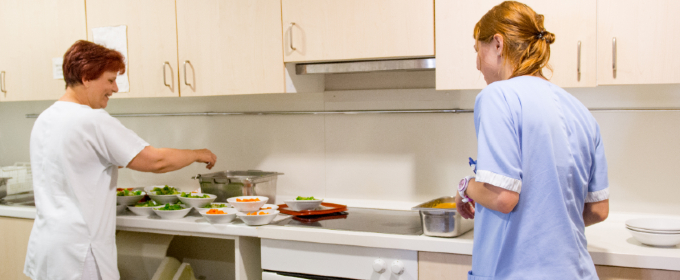As children and young people return to classroom education, schools have a vital role to play in assessing and supporting children and young people’s mental health and wellbeing. Here, Professor Neil Humphrey from the Manchester Institute of Education argues that schools should routinely collect reliable mental health and wellbeing data, with which they can ‘build […]









